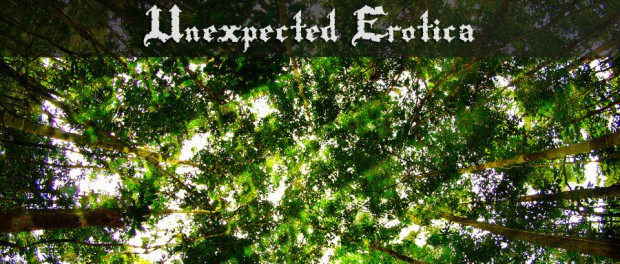The Verdant Bed – Song of Songs 1:16 – 17

Song of Songs 1:16b-17
- KJV: Also our bed is green. / The beams of our house are cedar, / And our rafters of fir.
- NIV: And our bed is verdant. / The beams of our house are cedars; / our rafters are firs.
- NASB: Indeed, our couch is luxuriant! / The beams of our houses are cedars, / Our rafters, cypresses.
This bit of back-and forth between the lovers (the first colon is his, the second two cola are hers) is full of certain uncertainty, but it still makes more sense than it may seem, even if some of the details aren’t concrete. As is, you might find yourself wondering why she’s commenting on their home’s architecture when he’s trying to be suggestive.
His comment is that their bed (‘erēs) is verdant (ra’anān). There are many words translated as “bed” in the Hebrew language, but ‘erēs beds seemed to be the upper echelon of the options. They’re well-decorated and of exceptional craftsmanship (as seen in Proverbs 7:16 and Amos 6:4), often with canopies or screens, not some simple straw mattresses. The word ra’anān is far more than “green”; in fact, it only indicates color incidentally. Instead, it’s used to describe living trees full of green leaves.
Taken together, this doesn’t describe a piece of furniture being a certain color, but it hints that the place where they lay was elaborately screened or canopied by a verdant tree canopy. In other words, they were hooking up not in some plush bedroom suite but under the cool shade provided by creation itself.
Now does her response to his comment make more sense?
“The couple is not restricted to secret chambers behind solid walls and closed doors for their lovemaking.”
—G. Lloyd Carr
No, we’re not absolutely certain which species ‘erez and berôt (translated as cedars and firs/cypresses, respectively) are, though the former are generally believed to be the famous cedars of Lebanon. Yes, we’re making some assumptions to believe that rāhît means “rafters”, though given the poetic parallelism in these two cola, some sort of architectural feature is likely. However, this depiction certainly makes sense if he’s just commented on their “natural” choices for romantic interludes.
Consider one last feature, depicted in the NASB but few other translations: the plural form of “houses”. Confusingly, the Hebrew language does sometimes use plural forms of nouns when a singular object is being referred to, but it would make just as much sense for this to be plural if the beams and rafters are actual tree limbs. They’re not made from cedars and firs; they actually are cedars and firs.
As Carr writes, “the couple is not restricted to secret chambers behind solid walls and closed doors for their lovemaking”.
This might seem a stretch for some, but it makes more sense to me than the woman suddenly describing obscurities in the construction of their home.
Plus, it fits the pattern that repeats itself throughout the Song. It appears the couple has an outdoor tryst in 2:4 and an invitation is made in 4:8 to enjoy some festivities in a valley full of cedars. Their taste for the sexual metaphor of the garden may even find its roots (get it?) in their enjoyment of these scenic landscapes.
Originally posted 2016-06-24 08:00:35.


Leave a Reply